For all that has been: Thanks.
For all that will be: Yes.
—Dag Hammarskjöld
When cancer came again, I went walking. Sometimes I walk familiar streets desensitized to my surroundings. Lost in my own thoughts, I barely register the trees and people I pass. But on this particular day, the distance between me and everything else flattened. As light poured from the branches, a fleeting but pure sense of union pierced the scene, and the words of Julian of Norwich rose up: “All shall be well, all shall be well, all manner of things shall be well.” This was no simple assurance that I would beat cancer. No. It was something far richer. This grace reminded me that regardless of what might happen, a radical Love holds us all.
When we remember that our lives are as fleeting as the grass, we are better suited to consciously and fully live them, rather than merely sleepwalk through our days. The urgency of the essential rivets us. Our senses sharpen. Food tastes better, colors brighten, music sounds more intense, and, if the moon is right, we just might find ourselves acutely aware of our connection to absolutely everything. It is a kind of birth, a sort of awakening, and, in my experience, this can stir us to more deeply experience our common belovedness. My poem “Decay” is in some ways a response to this experience.
Decay
The day the
call came that would
change everything, I went
walking…and
everything
did in fact
shift.
Sometimes the unanticipated tincture of
mortality is the only balm
brash enough to heal a
deeper blindness.
Outside, the world greeted me
with an indifferent beauty, brilliant and severe,
an aliveness only known to
intimates of decay.
A growing ache of
recognition,
long-forgotten wisdoms
buried in bones,
remembered.
“This is the way of things,”
nurse log whispered,
“My body, given for seedlings.”
Rotting Coho feeds her eggs, her
Ancestors’ bodies swept up,
roots now waving leaves,
cooling waters of
grave and womb alike.
This is the way of things.
This is the way of things.
No great loss to fall apart, to die
so a Greater Life may flourish.
In the Pacific Northwest, Illuman brothers speak of “awakening men to their belovedness, that they might love the world.” Belovedness says we were created and continually exist on the receiving end of Love. There is no Beloved without the Lover, and—cosmically speaking—my belovedness, your belovedness, and the belovedness of all spring from the same source. Either it all holds together, or it all falls apart. This birthright can’t be earned or lost, marred or improved. We don’t have to do anything to get it or keep it. It just abides beneath, within, before and after all our days. This is who we are before, during, and after all we do, think, and say.
Our job is to simply awaken to our belovedness, to remember it, and, with practice, to allow it to change everything. The working out of this love isn’t easy—more like a patient, long-suffering tending—but it can wholly transform our reality. It flows like a river, in and out of our lives, between us, until we’re all caught up in its current. As an Indigenous woman in the broader Coast Salish tribes put it to a friend of mine recently, “My life is not my own, it belongs to those who love me.” If we lived this out, that alone would transform everything.
Some have noted that there is simply too much focus in white culture on the self and on one’s individual calling. We seek self-actualization in therapy, attend self-improvement workshops, and tend to “my” own soul in places of worship. Many white Christians think of salvation as an individual process rather than a collective one. Young folks feel the pressure to choose what they want to do in life, rather than first focusing on who they are in their universal call as a Beloved son or daughter amidst a particular place and people. If we were grounded deeply enough in our universal inheritance, the rest of life would just be details to be entered into with curiosity and delight rather than anxiety.
Belovedness refuses to be siloed as merely individual. It is communal if it is anything. This is seen in the Bodhisattvas of Buddhism, enlightened ones who refuse to enter paradise as individuals, instead returning to keep working until all are free and can cross together. It is MLK’s “inescapable network of mutuality” in which our destinies are so intertwined as to be inseparable. It is the notion of ubuntu in South Africa, which Desmond Tutu taught as revealing how our humanity is tied up in each other’s, as we can only be human together. We see it in Pope Francis’s teachings that salvation is for a people, not a person, as well as the teachings of the Dalai Lama, Chief Seattle, Jesus, Thich Nhat Hanh, and a host of others. Here in the US, this emphasis on the centrality of communal life threads itself through the spirituality of the Black Church, the Shakers, Quakers, Amish, and Brethren, to name a few.
It seems that only in the consumerist and individualistic versions of America is the pursuit of happiness deemed something an individual could or should attempt alone. Most others realize that joy is a common good, arrived through common work. Thich Nhat Hanh said we are to “awaken from the illusion of our separateness,” and that, “enlightenment is when a wave realizes it is the ocean.”
Thus, as we prepare to gather at Awaken from Oct 31–Nov 3, let us consider it from a communal perspective, as a space in which we come for the benefit of each other. For whom might you attend? How might this make you more present to your spouse, your children, your neighbor? The theme this year—Roots and Horizons: Honoring Ancestors, Fostering the Future—inherently connects us to others. It doesn’t just connect us to those with whom we share the earth now, but also across time and space, as we think of our Ancestors and descendants as well.
The field of epigenetics has revealed to us that, scientifically speaking, our traumas are both inherited from our ancestors and passed on as well. When we heal our inherited suffering, we alleviate the suffering of future generations. In other words: your own inner work is not just yours, but work that is done on behalf of, and belongs to, us all. In this, it is a gift to the world.
Even if you can’t join us in person at Awaken, know that you are deeply connected to us, wherever you might find yourself. We belong to each other, in many senses, regardless of where our feet touch the earth at any given moment.
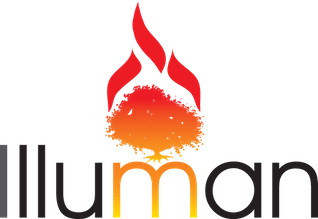
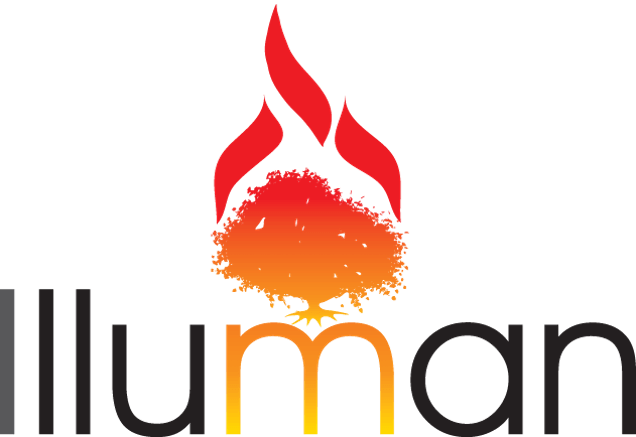
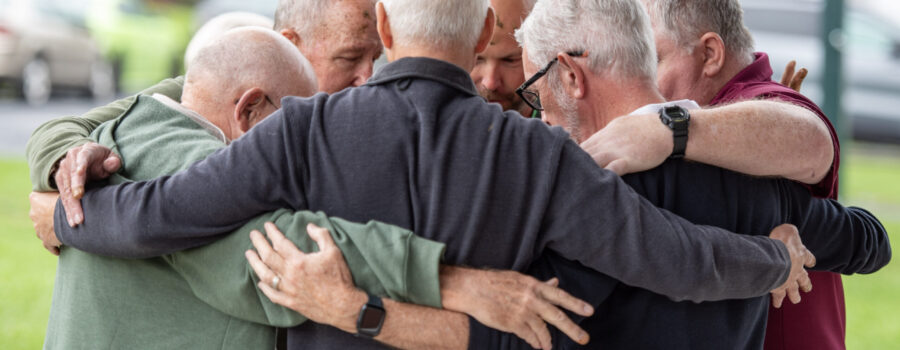
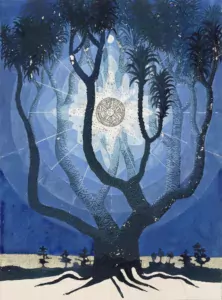


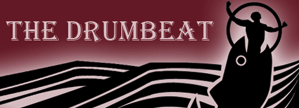
Leave a Reply
Your email is safe with us.
You must be logged in to post a comment.